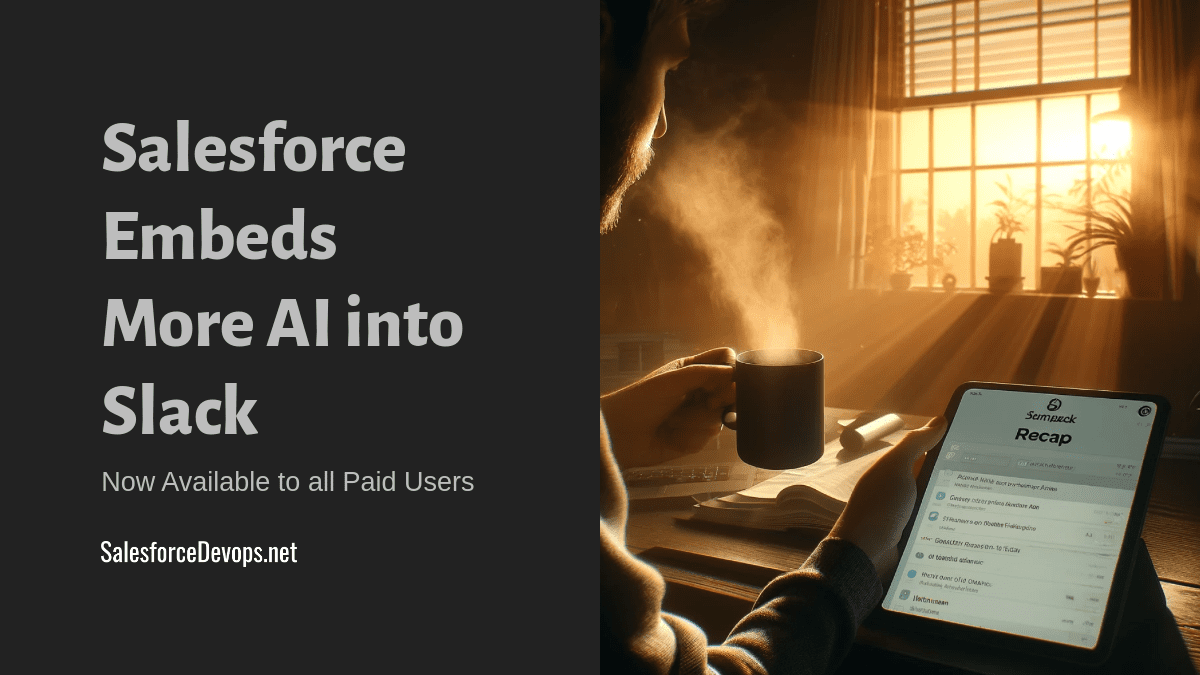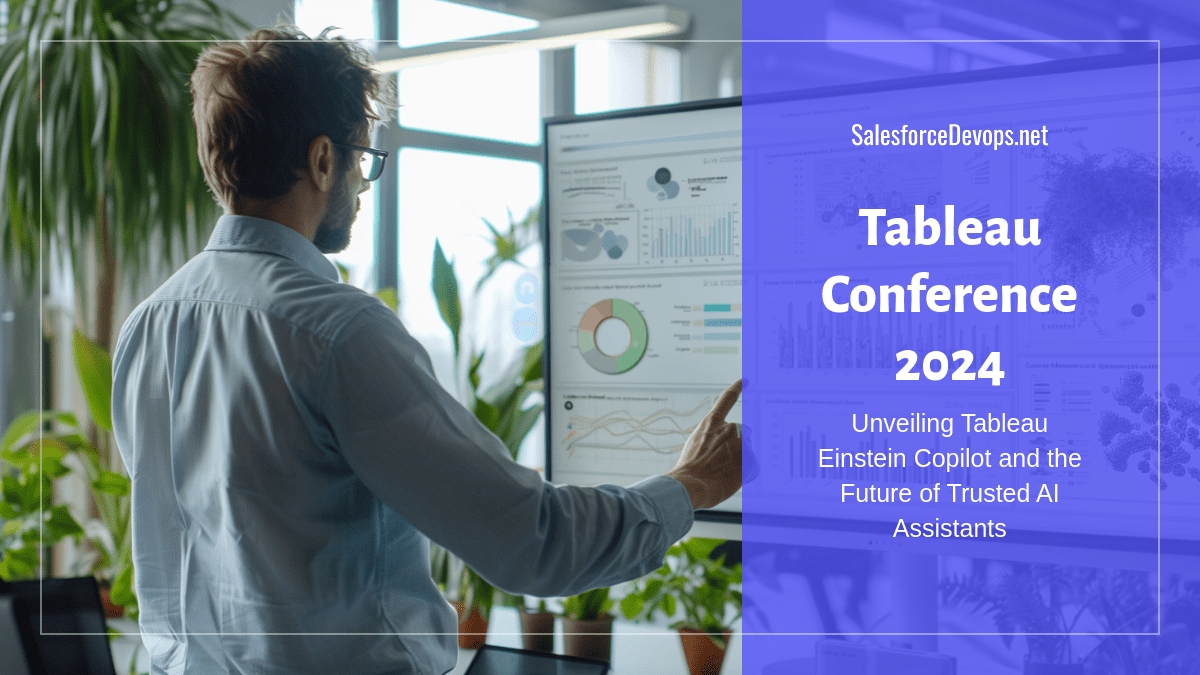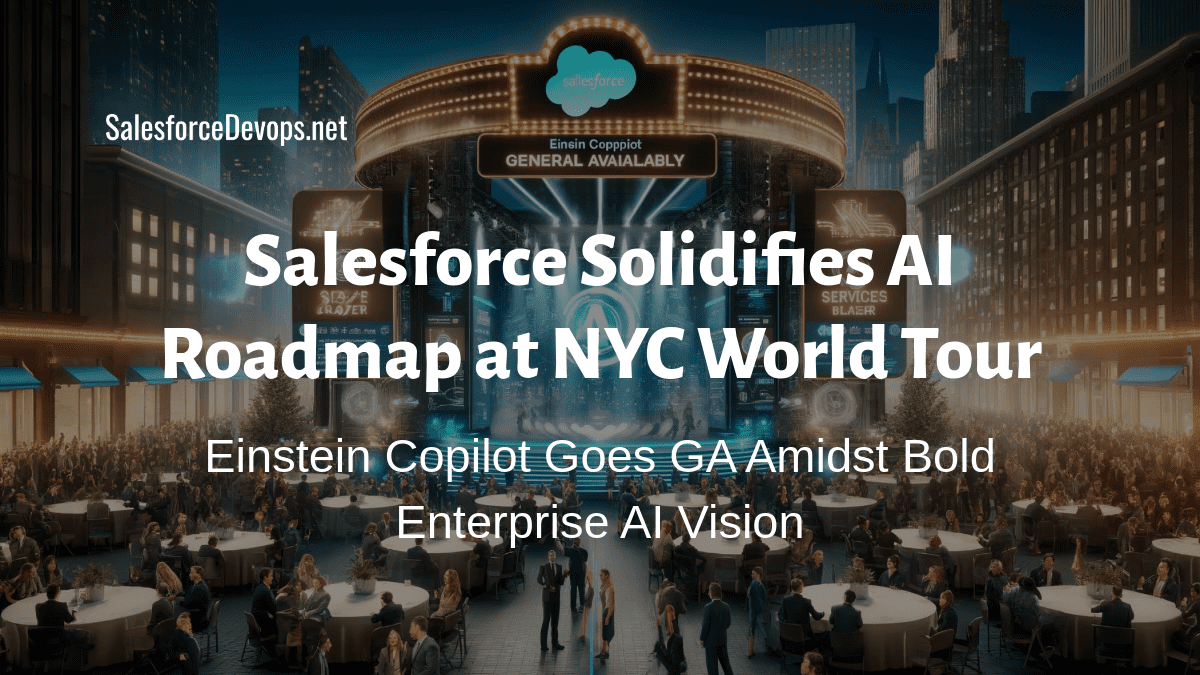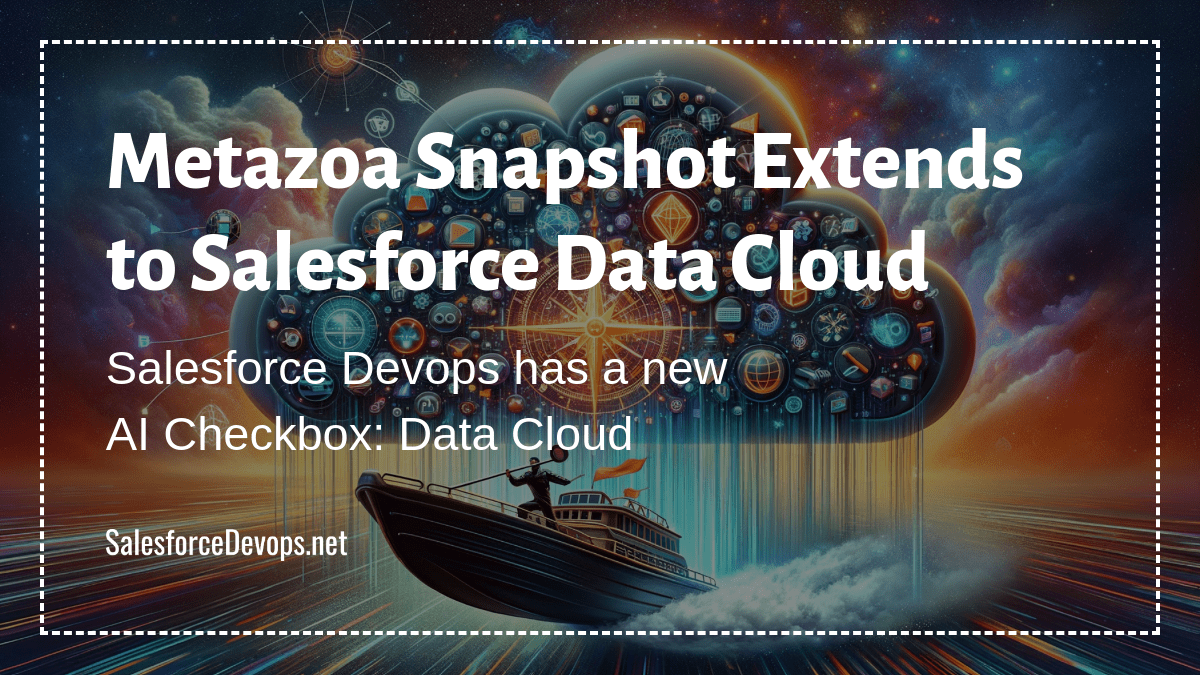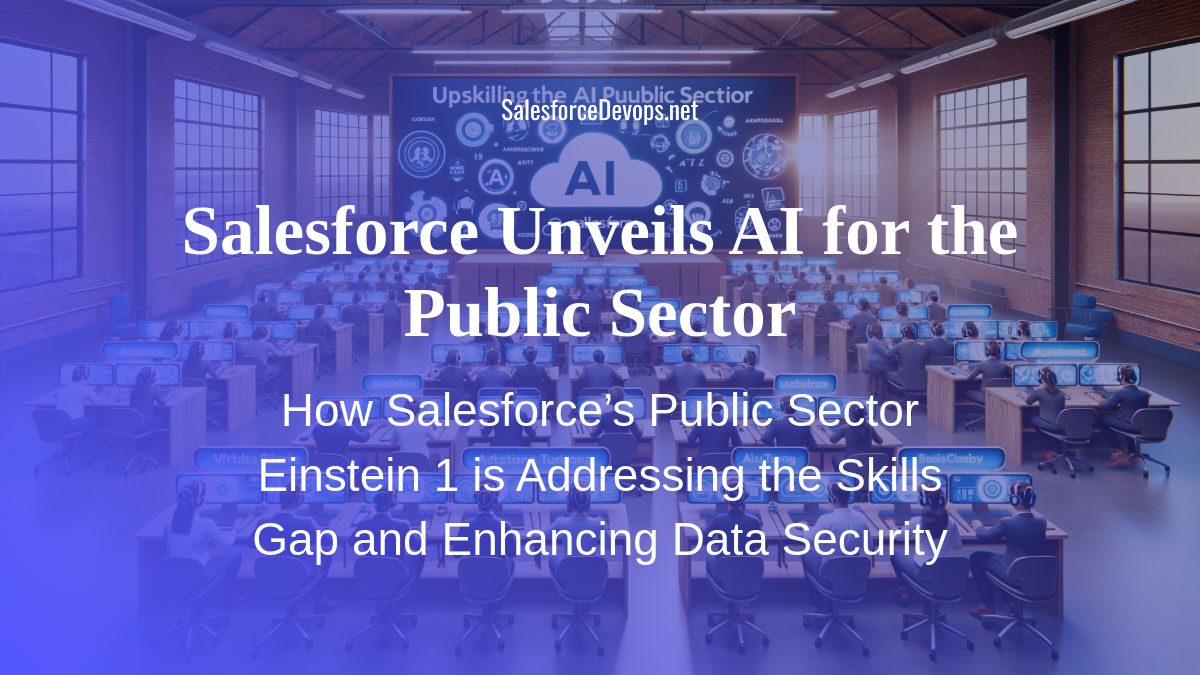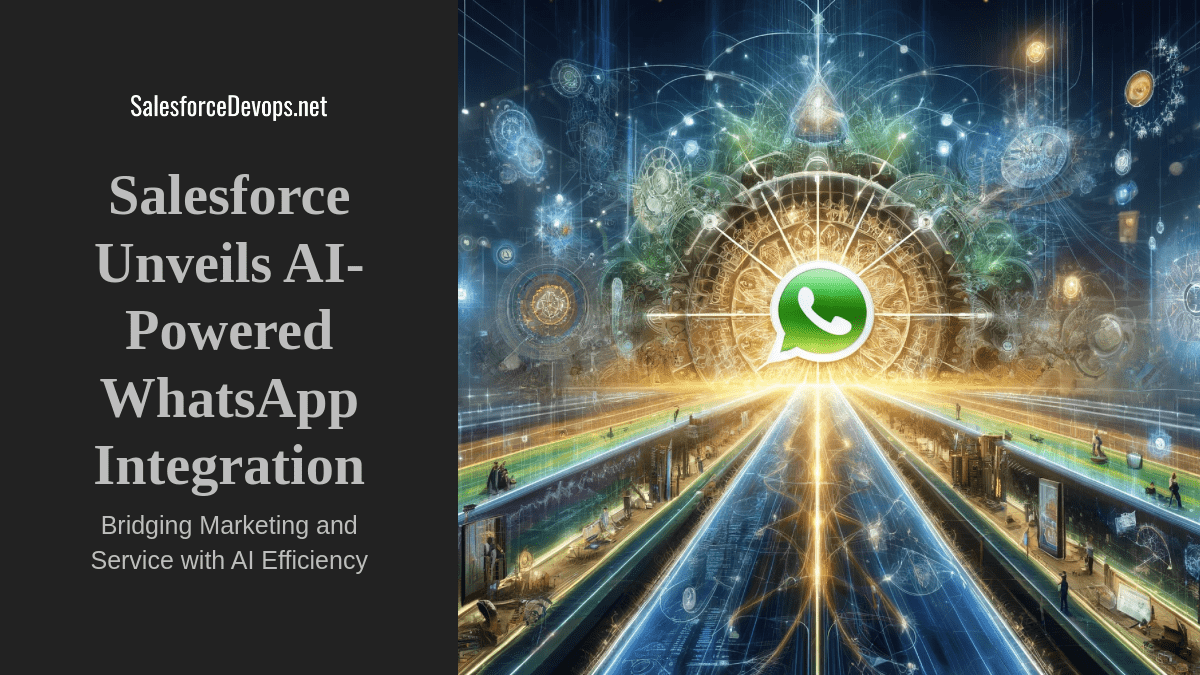Salesforce Embeds More AI into Slack
Salesforce today announced major AI upgrades for Slack. Today’s announcement expands access of Slack AI, the platform’s native generative AI experience, to all paid Slack customers. This includes enhanced search functionality that allows users to ask conversational questions in plain language and receive clear, concise responses drawn directly from relevant Slack messages and files.
“Slack AI gets people accurate information faster, from any channel,” says Taylor Keck, Senior Engineer of Enterprise Solutions at Wayfair. “When employees don’t have to do as much tedious research, it translates to a happier and more productive workforce.”
Wayfair, the global home goods retailer, has been an early adopter of Slack AI, replacing its previous messaging software with Slack in 2016. The company now relies on the platform’s AI-powered search capabilities to quickly surface critical information across its distributed teams.
“As Wayfair scales globally, we want to find information quickly so people can spend less time catching up and more time delivering,” explains Asad Rahman, Director of Employee Tech at Wayfair. “With Slack AI’s compelling features, we’re empowered to do just that.”
Table of contents
Moving Beyond Search
Beyond search, Slack AI also brings new conversation summarization tools to the platform. Users can now generate highlights from their selected channels and threads, catching up on unread messages or summarizing the last seven days of activity. This feature has been particularly impactful for teams like ProService Hawaii, an HR services provider, where employees use the summaries to stay informed after attending back-to-back meetings.
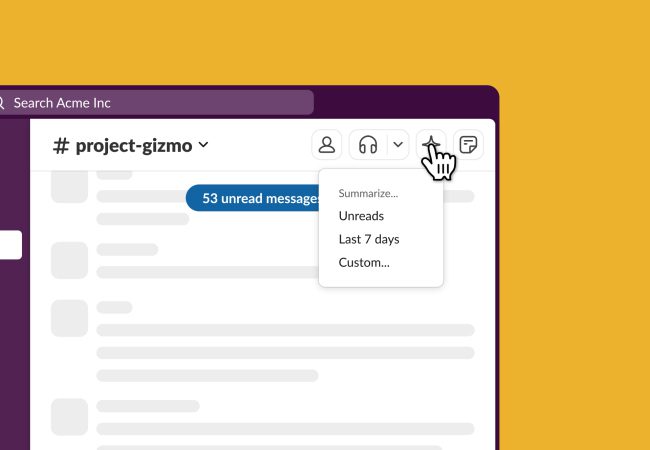
“Being able to pick the day, week, or month I’d like to catch up on with Slack AI has been so impactful,” says Jason Morita, Product Owner at ProService Hawaii. “Conversation summaries save the day after meeting marathons: I use them to stay informed on what I missed while I take care of something else.”
The Morning Recap
Perhaps most significantly, Slack is introducing a new “Recap” feature that delivers a daily morning digest containing personalized summaries of the channels a user wants to follow. By identifying the most critical updates and conversations, Slack AI helps workers stay ahead of their workday without getting bogged down in information overload.
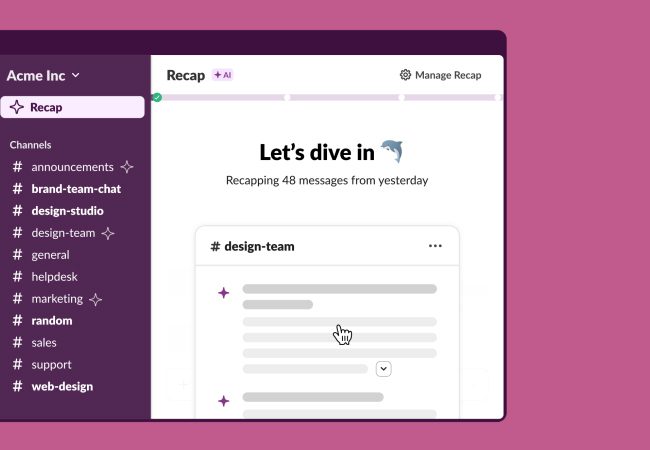
“Recaps are incredibly promising,” says Andy Kung, VP of Operations at Beyond Better Foods, a fully remote small business that relies on Slack as its primary communication platform. “My daily digest accurately distills all of my key impact areas, including fulfillment topics and action items, as well as logistics plans.”
Kung has been using Slack AI for just over a month and has already seen significant time savings, estimating that it’s shaved at least 30 minutes off his daily routine.
“Slack is crucial for us,” he explains. “The enhanced search capabilities of Slack AI have been helpful to fast-track answers, especially when it comes to logistics. When I need to get my CEO a fast answer at 2 p.m. on a Friday, I can use Slack AI’s search function. I’ve only been using Slack AI for about a month, but it’s already helped me quickly find answers countless times and is saving me at least 30 minutes a day.”
Bridging the AI Adoption Gap
While the productivity benefits of tools like Slack AI are clear, the research from Slack’s Workforce Lab reveals that there is still work to be done in driving broader AI adoption across the enterprise.
Even though 94% of executives say incorporating AI into their organization is an urgent priority, only 1 in 4 desk workers report having tried AI tools at work. This adoption gap underscores the importance of providing clear guidance and instruction on how to responsibly leverage these technologies.
In fact, the Workforce Lab data shows that desk workers at companies with defined AI usage guidelines are nearly six times more likely to have experimented with AI tools, compared to those whose companies have no such policies in place. Even limited guidelines are more effective than no guidance at all in spurring AI adoption among employees.
Charting the Path Forward
As Salesforce continues to strengthen Slack’s embedded AI capabilities, the broader implications for the future of work come into focus. The ability to quickly surface relevant information, summarize key discussions, and automate repetitive tasks represents a transformative shift in how employees can prioritize their time and energy.
Slack AI’s roadmap includes expanded integrations with other Salesforce products, such as Einstein Copilot, the company’s conversational AI assistant for CRM. This should allow users to seamlessly access and leverage valuable customer insights directly within their Slack workflows, further enhancing productivity and decision-making.
“Slack AI runs on Slack’s infrastructure and upholds the same security practices and compliance standards that customers expect from Salesforce,” the company said in the announcement. It’s notable that the Slack AI features seem to be separate from Einstein 1 Platform and currently does not mention use of the Einstein Trust Layer.
As the adoption of generative AI tools continues to accelerate in the enterprise, Salesforce’s investments in Slack AI continue to position the platform as a trusted, intuitive, and secure hub for workers to harness the transformative power of these technologies. By empowering employees to work smarter, not harder, Slack AI could play a role in reshaping the modern workplace – from the largest global organizations to the small businesses that form the backbone of the economy.
